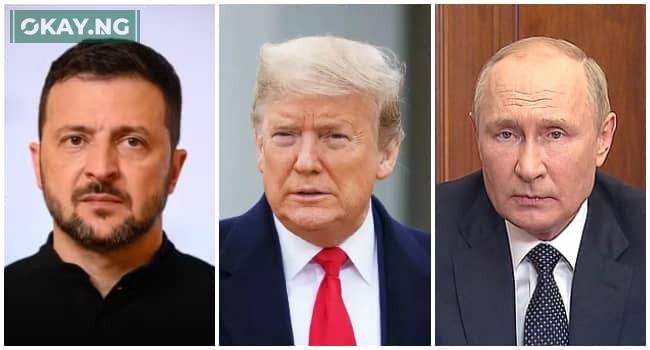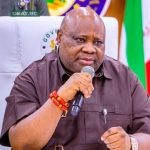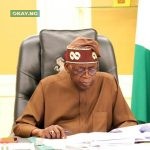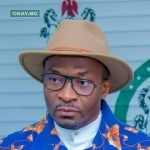In a significant diplomatic development, Russia and the United States have agreed to appoint high-level teams to negotiate an end to the ongoing conflict in Ukraine.
This decision emerged from talks held in Riyadh, Saudi Arabia, marking the first official high-level discussions between Washington and Moscow since the onset of the war in 2022.
U.S. Secretary of State Marco Rubio and Russian Foreign Minister Sergei Lavrov led the delegations. The U.S. State Department announced that both sides consented to “appoint respective high-level teams to begin working on a path to ending the conflict in Ukraine as soon as possible.”
Additionally, they agreed to “establish a consultation mechanism” aimed at addressing “irritants” in U.S.-Russia relations, laying the groundwork for future cooperation.
However, the exclusion of Ukrainian representatives from these talks has drawn sharp criticism from Kyiv. President Volodymyr Zelensky emphasized that any negotiations intended to resolve the war should be “fair” and must include European nations, notably Turkey, which has offered to host future discussions.
A senior Ukrainian official, speaking anonymously, expressed concern that initiating talks without Ukraine’s involvement would only “feed Putin’s appetite.”
European leaders have also voiced apprehension regarding potential concessions that might alter the continent’s security landscape.
Some fear that the U.S. might make significant compromises to Moscow, potentially reshaping Europe’s defense arrangements reminiscent of Cold War-era agreements.
Yuri Ushakov, President Vladimir Putin’s foreign policy aide, confirmed the establishment of the negotiating teams but noted that setting a date for a potential summit between Presidents Trump and Putin remains “difficult.”
The Riyadh meeting signifies a diplomatic victory for Moscow, which had faced isolation under the previous U.S. administration. Kirill Dmitriev, Russia’s economic negotiator, remarked that Western efforts to isolate Russia have “obviously failed.”
Lavrov added, “We did not just listen but heard each other, and I have reason to believe the American side has better understood our position.” He also emphasized Russia’s opposition to any deployment of NATO troops in Ukraine as part of a ceasefire agreement.
European allies are divided over the possibility of deploying peacekeeping forces to Ukraine. UK Prime Minister Keir Starmer expressed willingness to consider sending British troops, while French President Emmanuel Macron stated that Paris is contemplating dispatching “experts or even troops in limited terms, outside any conflict zone.” In contrast, German Chancellor Olaf Scholz described the debate as “completely premature.”
Macron has announced plans to host another round of discussions with European and non-European nations, following an emergency meeting in Paris that included a select group of key European countries.
Russia has indicated that resolving the conflict necessitates a reorganization of Europe’s defense agreements, reiterating its longstanding demand for NATO to withdraw forces from Eastern Europe, viewing the alliance’s presence as a direct threat.









